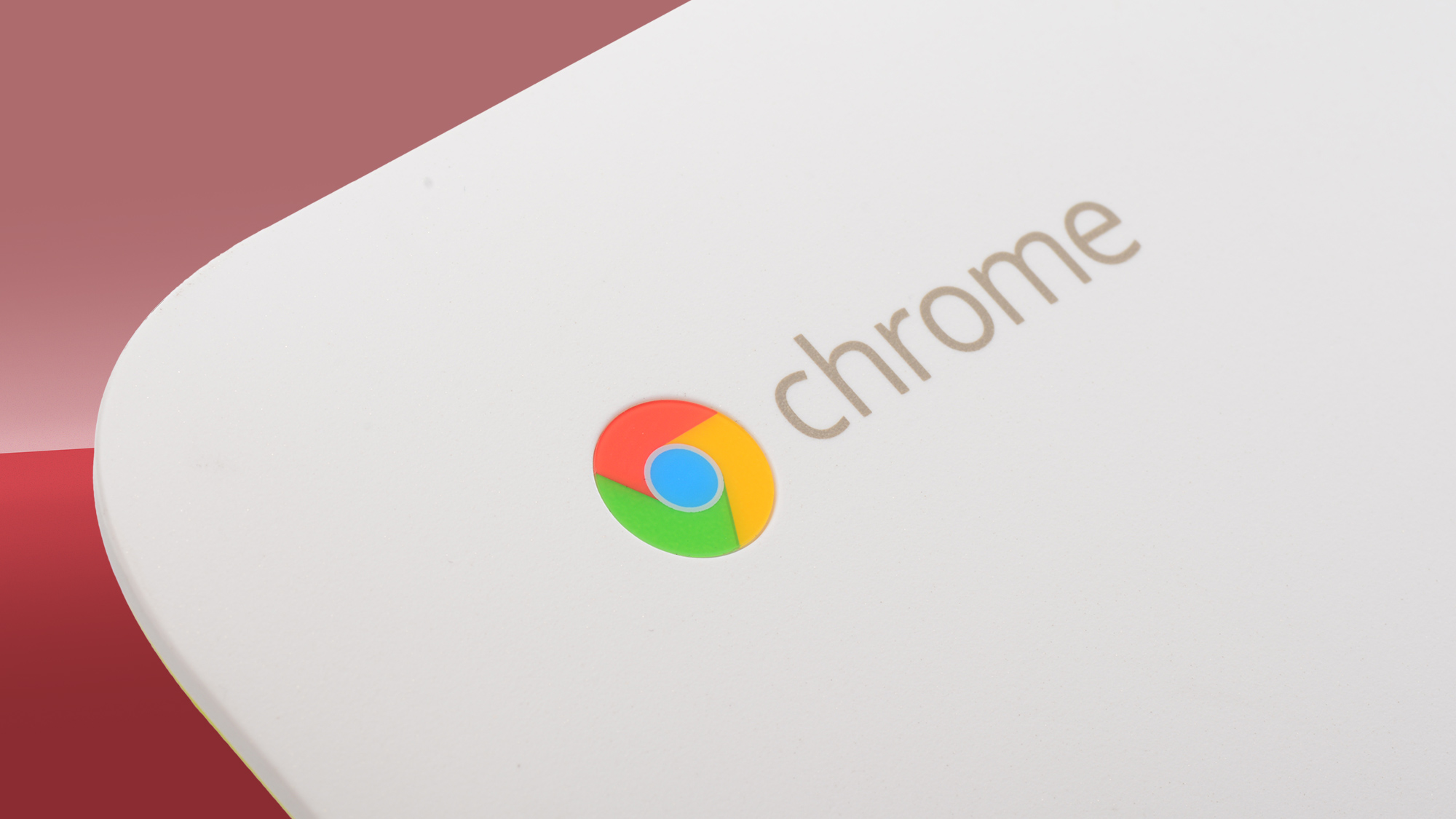Chrome OS update adds a host of small but useful features
Chrome OS 90 is powered by the recently released Chrome web browser

Google is beginning to roll out the latest iteration of Chrome OS, version 90, which delivers a host of enhancements and extra utilities.
Chrome OS is the Linux-based operating system that powers Chromebooks, the portable and cloud-centric netbook alternatives.
The devices and the OS that powers it have seen a recent surge in popularity thanks primarily to the pandemic, which forced many workers into remote-first and cloud-dependent environments.
- Here's our list of the best business laptops
- We've built a list of the best business tablets on the market
- These are the best best mobile workstations
A couple of weeks ago, Chrome OS took on some new education-related features to make the devices more useful for remote learning. Chrome OS 90, meanwhile, adds a handful of useful productivity apps and features.
More functionality
First up is a new hardware-level diagnostics app. You can use it to keep an eye on the various components of your Chromebook, including the processor and battery.
Users can use the tool to run a discharge test to troubleshoot issues with the battery. However, while the tool will help you determine if your Chromebook’s battery is dying, trying to replace one is another matter altogether, as they can’t just be swapped out like a regular laptop.
One task, however, that Chrome OS can now perform just as easily as a regular operating system is document scanning. A new Scan app can connect to scanners over WiFi or USB and reportedly offers pretty much the same functionality that you get with any other OS.
Sign up to the TechRadar Pro newsletter to get all the top news, opinion, features and guidance your business needs to succeed!
Google has also overhauled the launcher, which can now show inline results for weather, word definitions, stock prices and simple calculations.
While a majority of functionality in Chrome OS comes from the underlying Chrome browser, it’s good to see Google delivering additional features to extend the usefulness of the operating system itself.
- Take a look at our list of the best work from home essentials
Via The Register
With almost two decades of writing and reporting on Linux, Mayank Sharma would like everyone to think he’s TechRadar Pro’s expert on the topic. Of course, he’s just as interested in other computing topics, particularly cybersecurity, cloud, containers, and coding.
